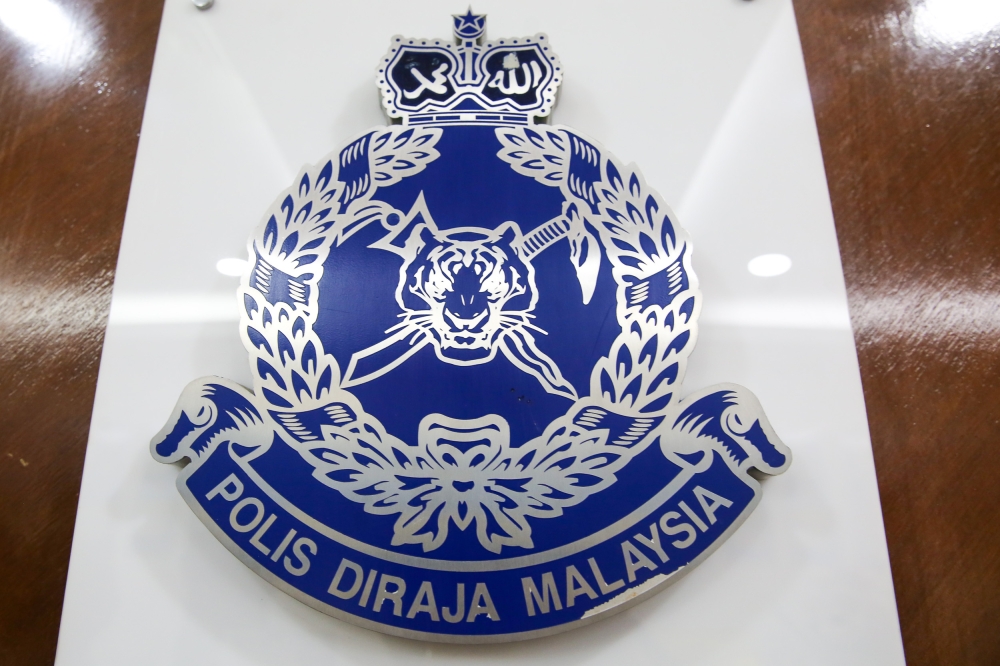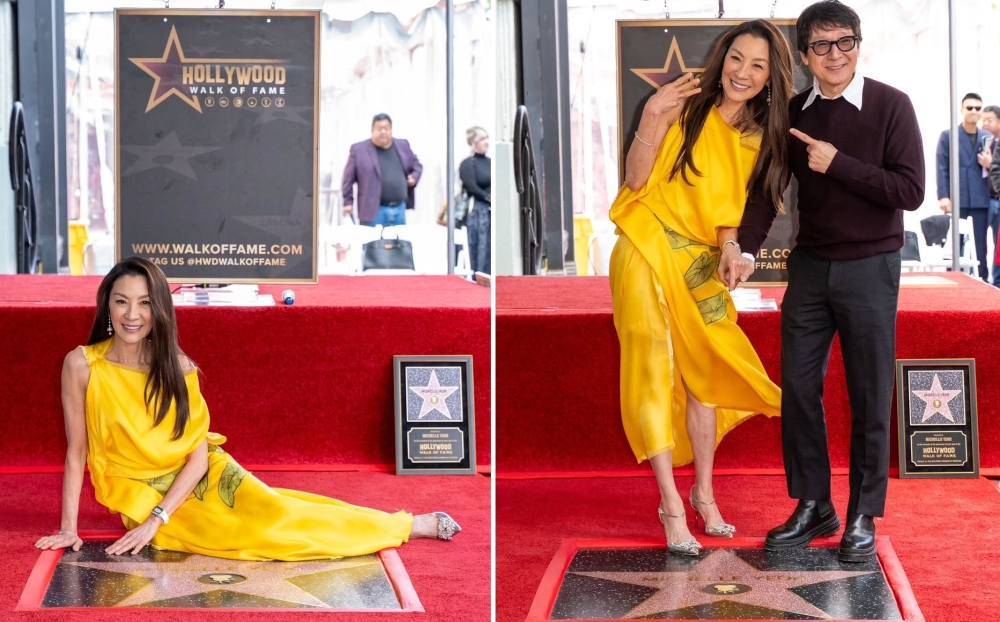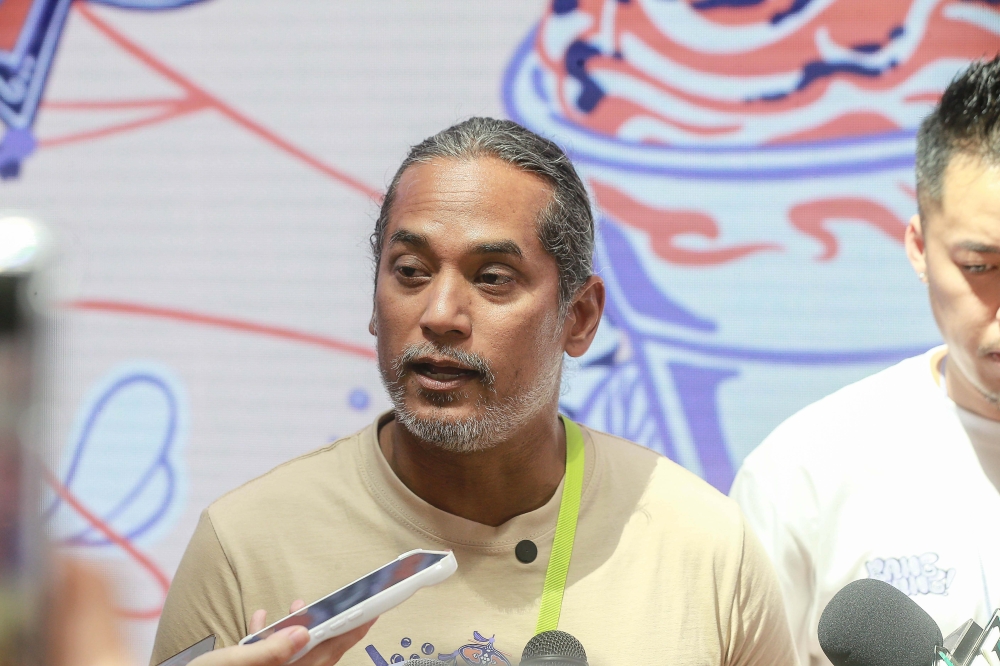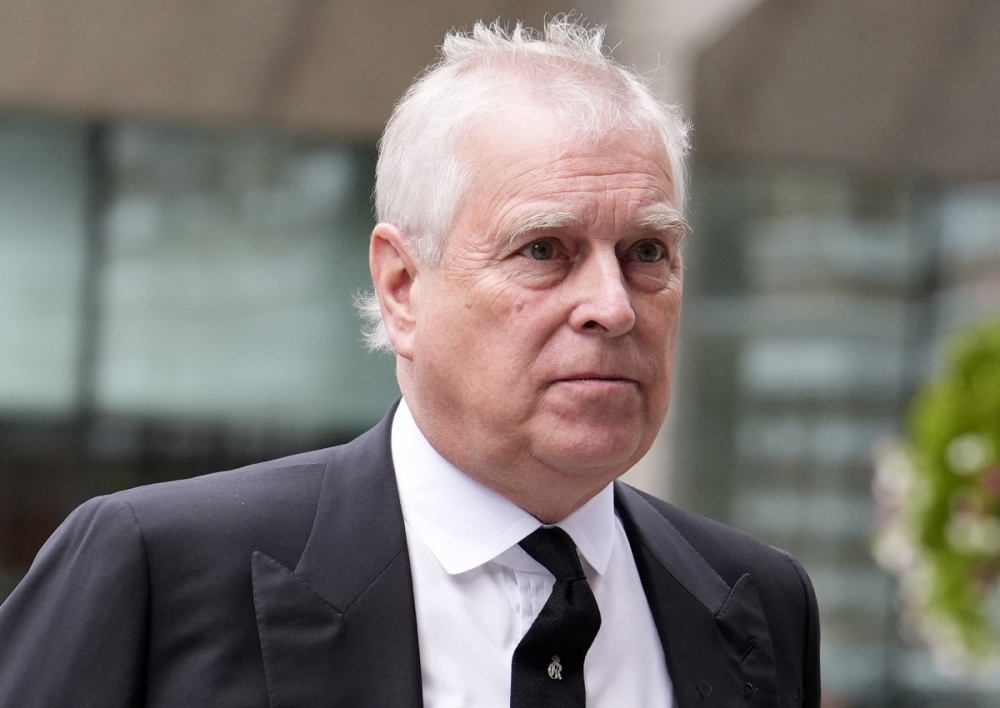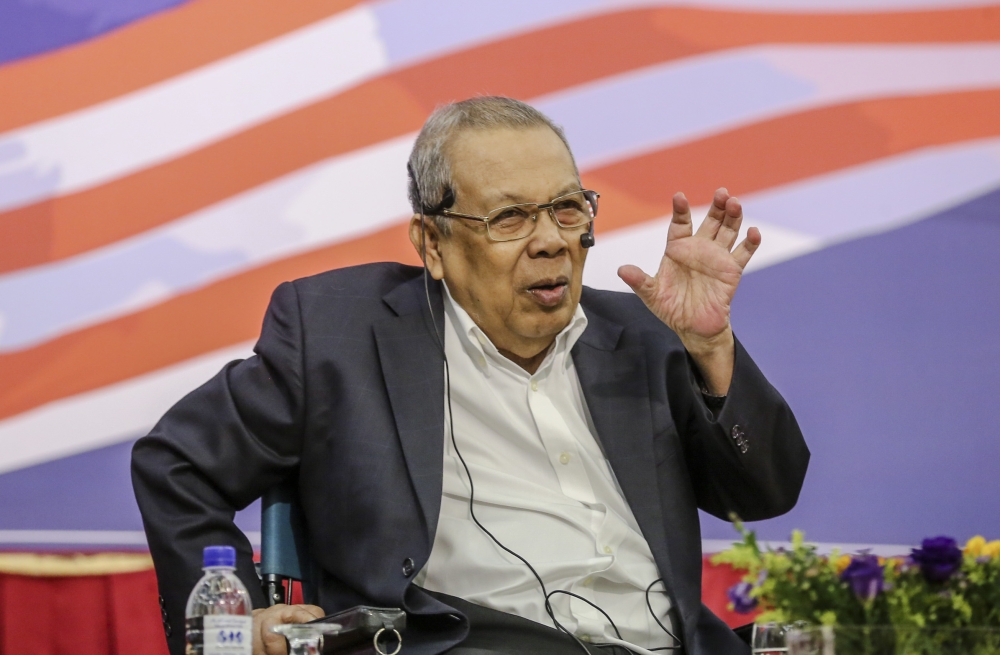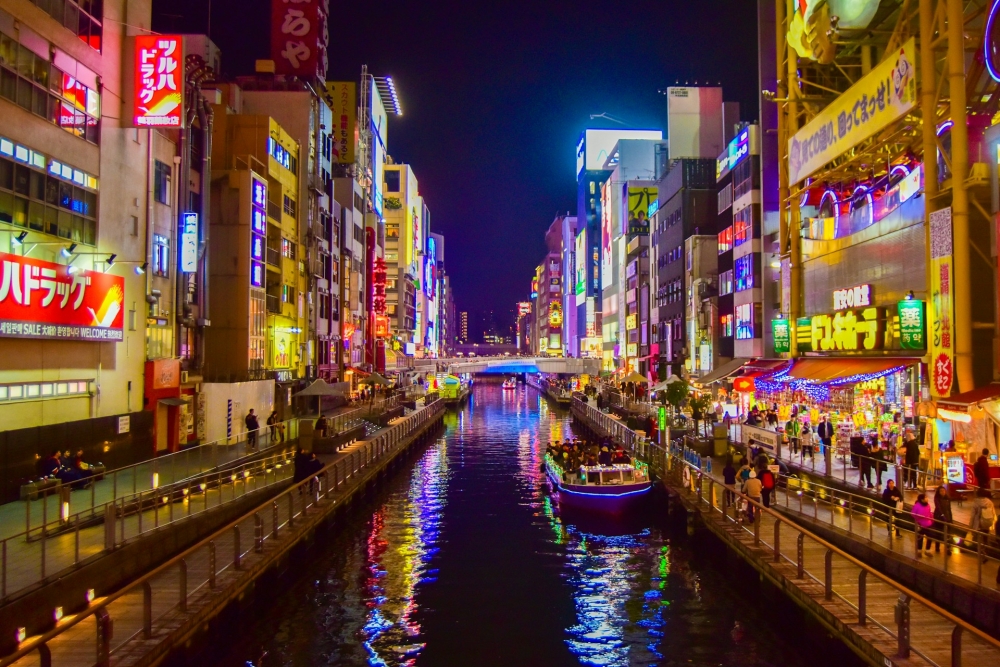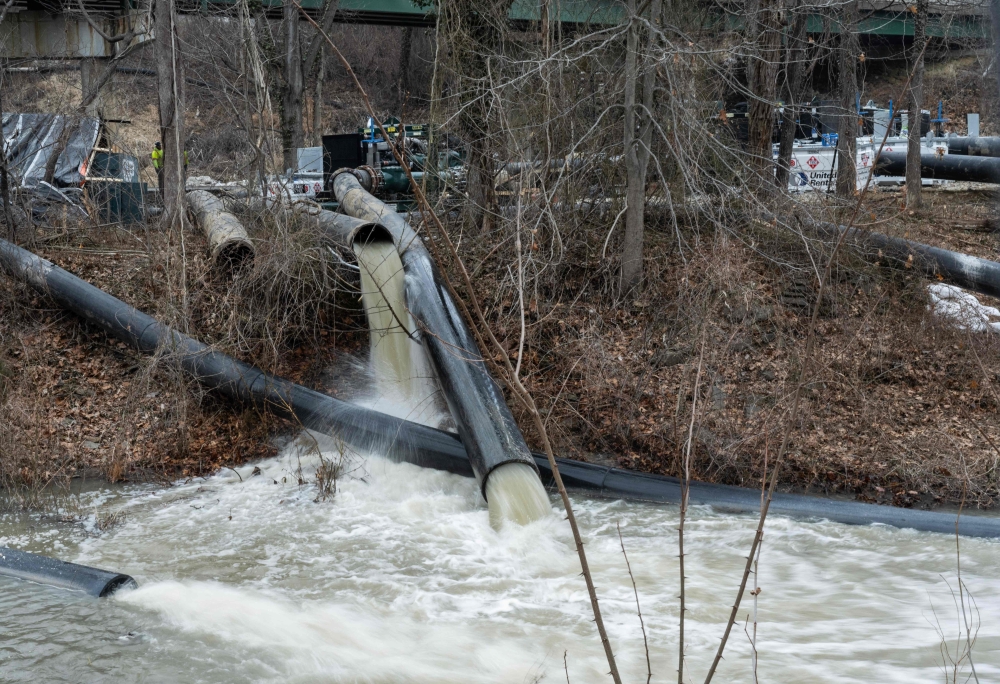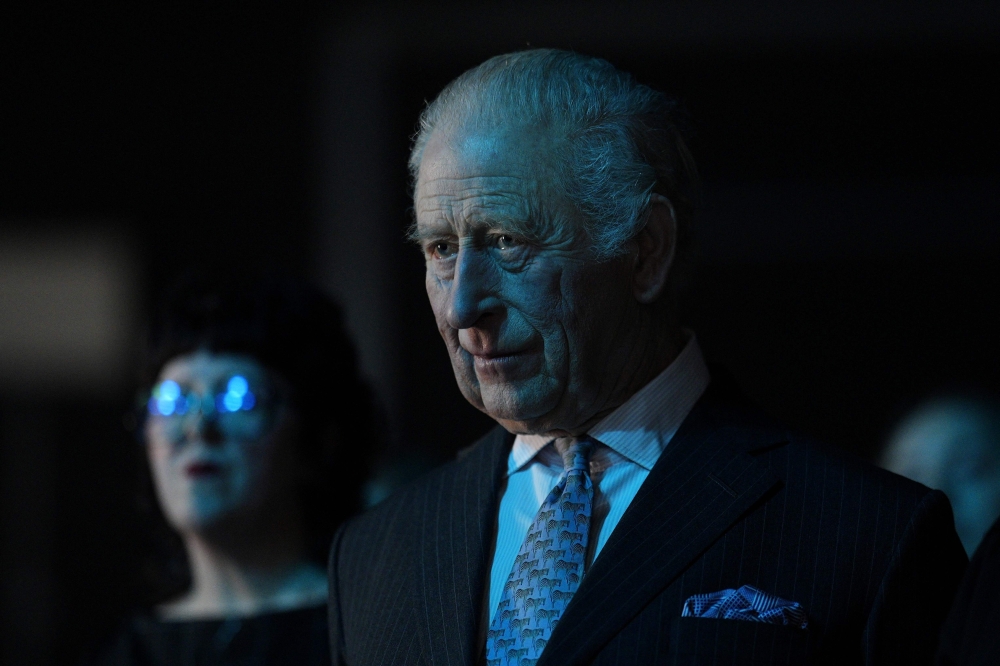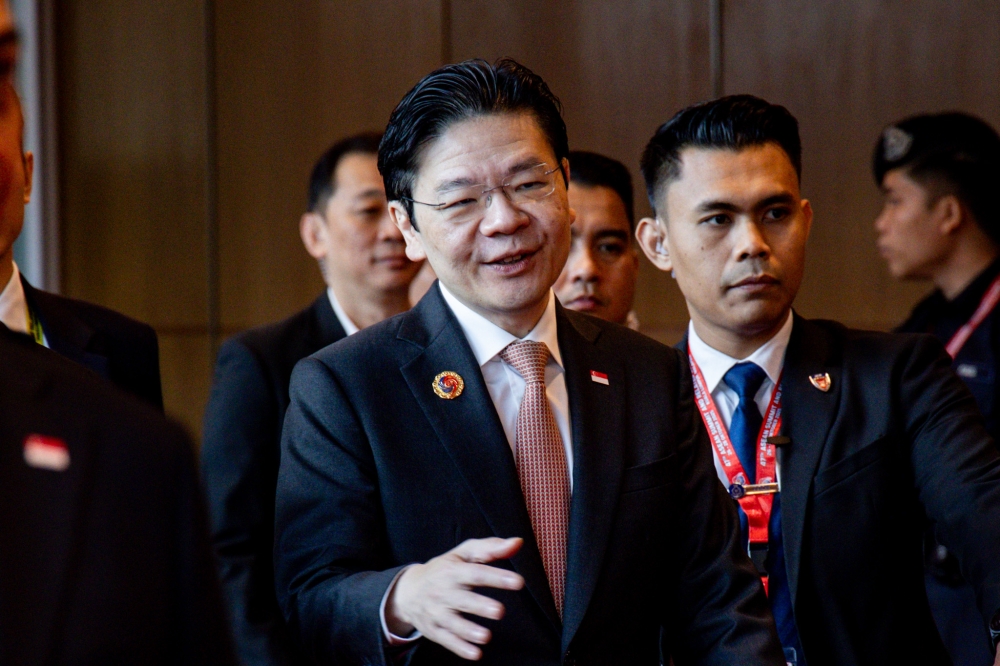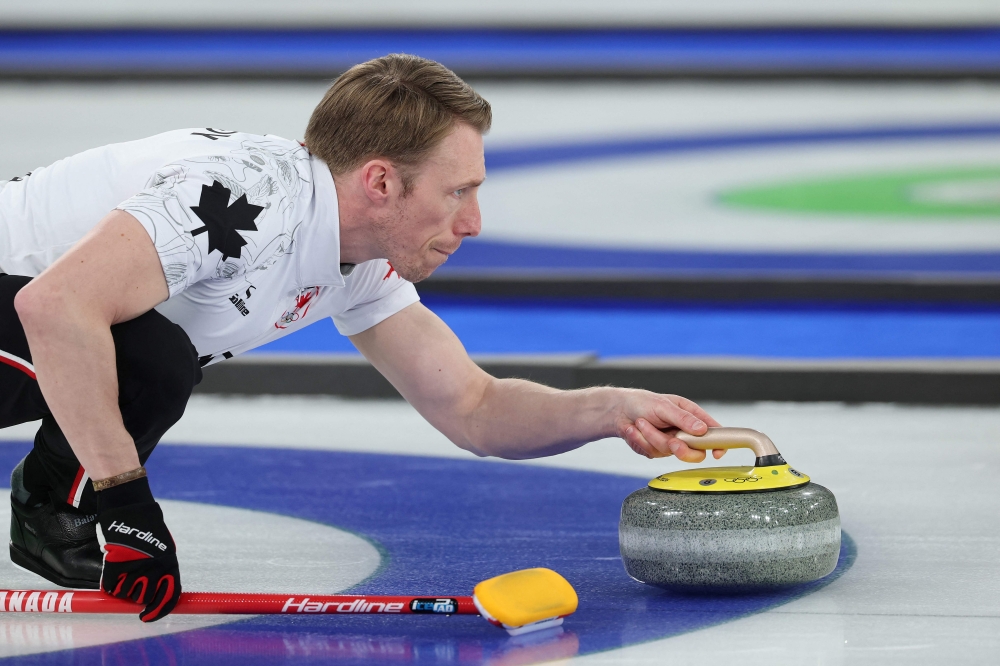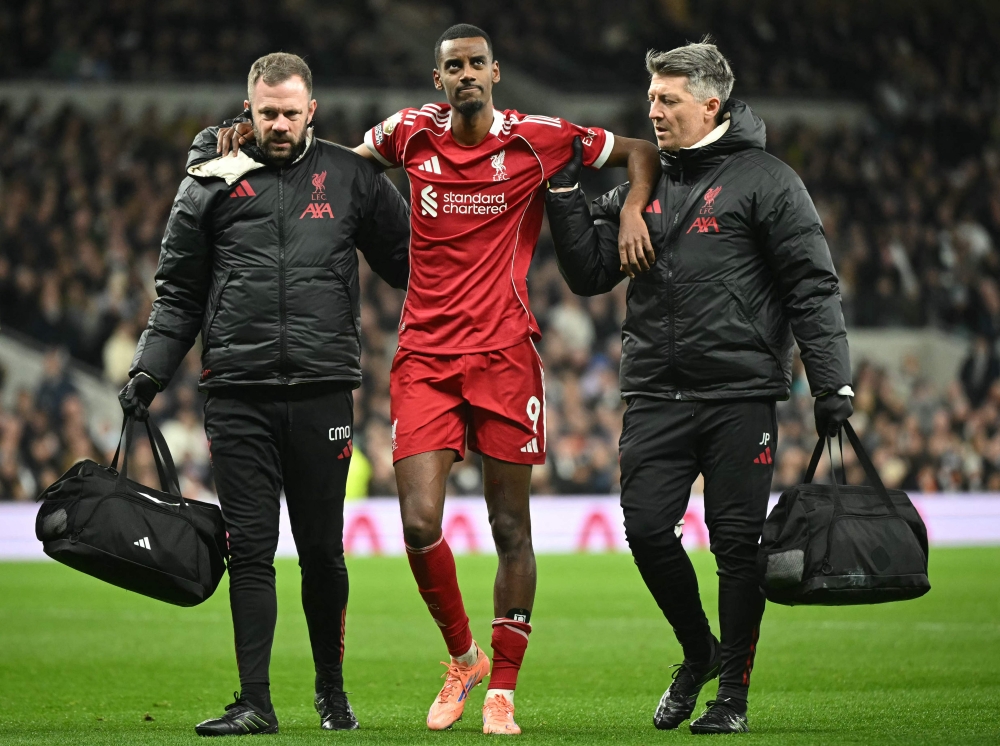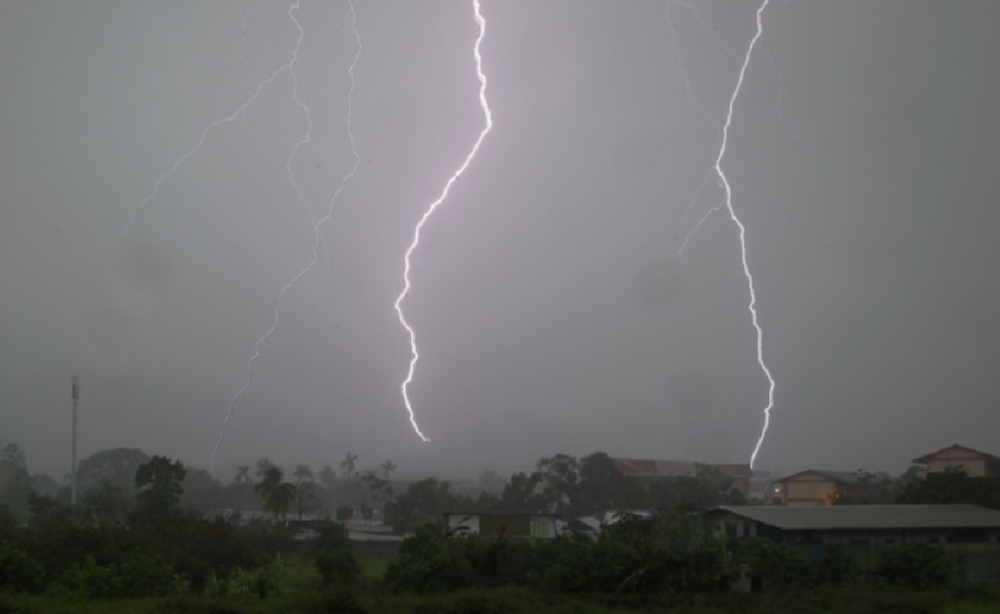NYON, May 16 — Football fans are renowned for their creativity and passion, adapting the most unlikely songs into stadium anthems and brightening up the drabbest of grounds with their banners and flags.
Yet, at major matches such as the Champions League final, the World Cup and the European championship, their passion is often drowned out by loud music and screeching announcers as organisers take the pre-game atmosphere into their own hands.
Uefa now invites a big-name band to perform in its increasingly glitzy pre-match Champions League final ceremony — with mixed reactions.
A performance by Black Eyed Peas two years ago prompted a wave of criticism on social media as well as concerns about what the extravaganza might do to the pitch.
It is a far cry from the old days when the noise would gradually build up in the hour before the game as fans filed into the stadium, culminating in the roar which greeted the kickoff.
So what is the thinking behind it?
Uefa’s marketing director Guy-Laurent Epstein said that, in the case of Champions League final, the idea was to appeal to a broader range of people than would normally watch a match.
“The lines between entertainment and football are getting very blurred, especially when you talk about a final that has an attraction not only to fans of clubs but to football fans in general and even to a broader range of people,” he told Reuters in an interview.
“The Champions League final is not comparable to any league game; there is a diverse audience because it is on a neutral ground, you have a neutral audience, the fans from both clubs in equal numbers, so the atmosphere is different.”
Epstein said that Dua Lipa’s performance at the final in Kiev last year was Uefa’s most-viewed, single piece of social media content ever.
Worldwide audience
This year, Grammy-award winning band Imagine Dragons will perform ahead of the Liverpool-Tottenham match at Madrid’s Wanda Metropolitano stadium, in a show which Uefa promises “will feature a level of production never seen before at a Uefa Champions League final”.
“It’s not just for the participating teams and fans in the stadium, it is a worldwide audience,” said Epstein. “Maybe we will convert them to enjoying our core business.”
Epstein said that sports and entertainment were getting closer and closer and “competing for the same air time”.
“This will diversify the audience, bringing more women to watch the game,” he added. “Trying to gather a great audience that is outside the club fan base... that is really the objective.”
Pepsi, who will be presenting the ceremony for the fourth time, said they were aware that they were treading a fine line.
“It’s a question of how you engage the fans. It’s really important that we don’t turn the opening ceremony into the (main) event of the final — but rather, that we are enhancing the fan experience,” said Mark Kirkham, Pepsi’s head of marketing for Western Europe.
Kirkham pointed out that last year, Dua Lipa’s performance ahead of the Liverpool-Real Madrid final proved popular with the English team’s supporters.
“If you go back and look at last year’s performance, you have supporters singing along — it was very much a cultural moment,” he said.
He was confident that the pre-match Champions League show would eventually enjoy a status similar to the Super Bowl halftime performance.
“When they first brought the halftime show to the Super bowl, it was a very different experience to what it is today,” he said.
“People have now grown up with that and now see that as part of the celebration of the sport and I think that is what we are trying to do.
“We are four years in. I think it is starting to bring new audiences in, which also expands the audience and the passion for football.” — Reuters



